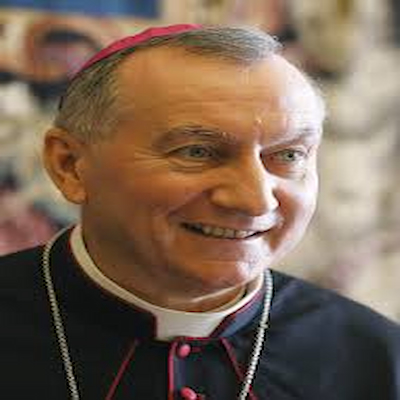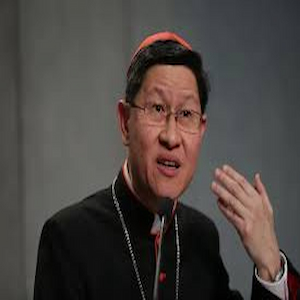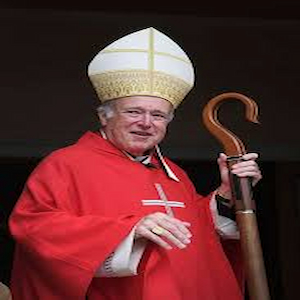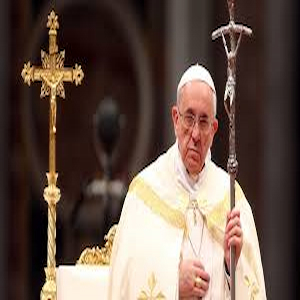The papacy, the office held by the Pope in the Roman Catholic Church, occupied by numerous notable figures throughout history, has always been a topic of great interest and speculation. Following the resignation of Pope Benedict XVI in 2013 and the election of Pope Francis, there has been ongoing discussion about potential future Popes. This article explores the candidates who may emerge as the next Pope, the factors influencing this selection, and the implications of their papacy for the Church and its global congregation.
The Papacy: What is the Role of the Pope?
The Pope plays a crucial role within the Catholic Church, serving not only as a spiritual leader but also as a powerful figure in global affairs. The next Pope will inherit a church facing numerous challenges, including declining attendance in Western countries, sexual abuse scandals, and the need for reform in various doctrines and practices. Thus, the decision about who will assume the papacy is not just a matter of tradition; it has real-world implications on how the Church interacts with its members and the world at large.
The Papacy: Potential successors to Pope Francis
As the Catholic Church moves toward future conclaves, several candidates emerge as potential successors to Pope Francis. Among them are Cardinals from diverse backgrounds and regions.
Cardinal Pietro Parolin

For instance, Cardinal Pietro Parolin, the current Secretary of State, is often mentioned due to his extensive experience in the Vatican and diplomatic skills. He represents continuity in governance and has been involved in important negotiations and discussions, including relations with China. His candidacy could signal a desire for a papacy that favors stability and diplomatic engagement.
Cardinal Luis Antonio Tagle

Another notable candidate is Cardinal Luis Antonio Tagle from the Philippines. Tagle is widely regarded for his pastoral approach and ability to connect with the laity. He has experience in addressing poverty and inequality in one of the largest Catholic populations in the world. His leadership could lead the Church to refocus on social justice initiatives and become a more active voice against global injustices. Tagle’s elevation would not only diversify the papacy in terms of geography but also allow for a refreshing perspective on modern issues.
Cardinal Robert McElroy

Moreover, Cardinal Robert McElroy from San Diego is another figure gaining attention. His stances on inclusivity and pastoral care for marginalized groups have resonated with many during these divisive times. McElroy’s approach suggests a potential shift in how the Church addresses contemporary issues such as LGBTQ+ rights and women’s roles. His papacy could signify a significant strategic pivot towards a more inclusive and empathetic Church.
Could the next Pope be from Africa or Asia?
Further, the geographic distribution of cardinals is also essential when considering the next Pope. Many analysts believe that the next Pope could come from Africa or Asia, reflecting the growing Catholic populations in those regions. Cardinals like Cardinal John Njue of Kenya or Cardinal Pierre Beatty of Nigeria embody the global South’s ordination and perspectives. Their leadership could enable the Church to engage more directly with the realities faced by the faithful in these regions, where issues of poverty, governance, and education are paramount.
The Papacy, Selection Process
The selection process for a new Pope is complex and is influenced by various factors, including theological orientation, leadership style, and the pressing needs of the Church. The College of Cardinals, responsible for electing the Pope, will consider the priorities of the Church at the time of the conclave. There may be pressures for continuity with Pope Francis’s reforms or a desire for a return to more traditional values. Additionally, the balance between the need for global leadership and regional representation will likely play a significant role.
In examining potential candidates and their implications, we must also consider the socio-political environment of the Catholic Church. The Church is undergoing profound transformations as it confronts modernity and the increasing disconnect between its teachings and the beliefs of younger generations. Addressing issues such as climate change, gender equality, and sexual abuse within the Church will be crucial for the next Pope. The ability to communicate effectively with both traditionalists and progressives will be vital for a future papacy.
What the next Pope will face
The potential next Pope will face significant challenges that require skillful navigation. As society continues to evolve, the Church’s relevance hinges on its ability to adapt and respond to contemporary issues. Therefore, the candidates who emerge should not only prioritize maintaining doctrinal integrity but also engage with the pressing moral concerns of the day. The leadership style, openness to dialogue, and willingness to reform will be critical attributes for the next Pope.
Despite the speculation surrounding prospective Popes, the actual selection is unpredictable. The uniqueness of each conclave and the influence of individual cardinals will ultimately shape the choice. Furthermore, the impact of external factors, such as global crises, economic inequality, and social movements, may sway the cardinals’ decisions during the conclave.
In conclusion, the next Pope of the Catholic Church will undoubtedly play an instrumental role in shaping the future of the institution. Although figures like Cardinals Parolin, Tagle, and McElroy present different approaches and visions for the Church, the decision ultimately rests with the College of Cardinals. This moment will serve as a snapshot of the Church’s current challenges and desires, reflecting the communities it serves. The next papacy may be a defining moment as the Church attempts to reconcile tradition with modern societal expectations, ensuring its relevance in an ever-changing world. Regardless of who the next Pope may be, the implications of their leadership will resonate across the globe, influencing millions of lives within and outside the Church’s reach.



